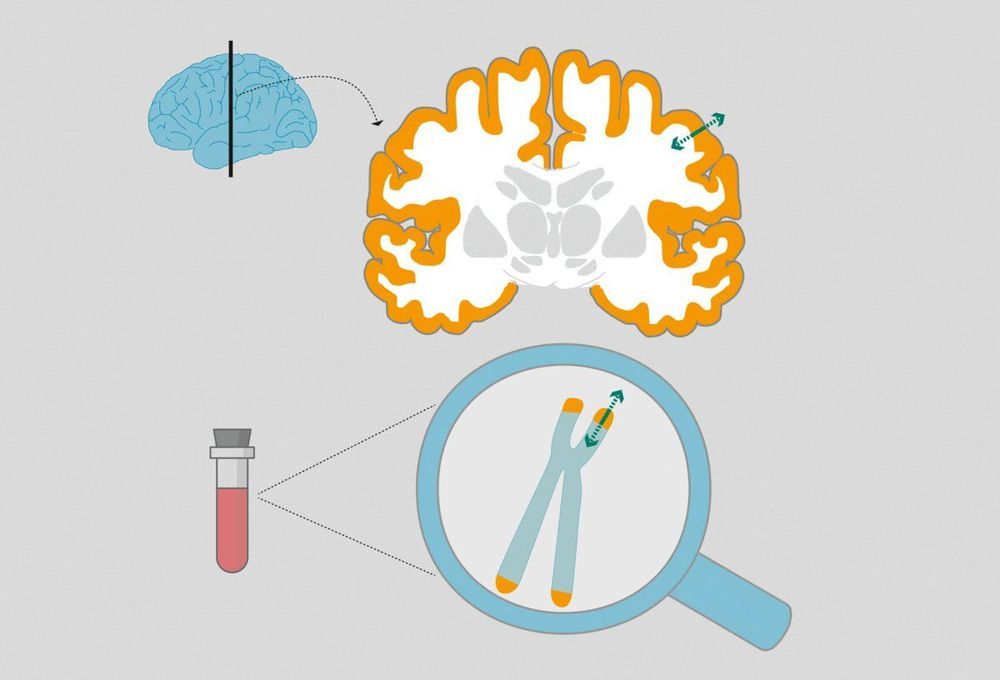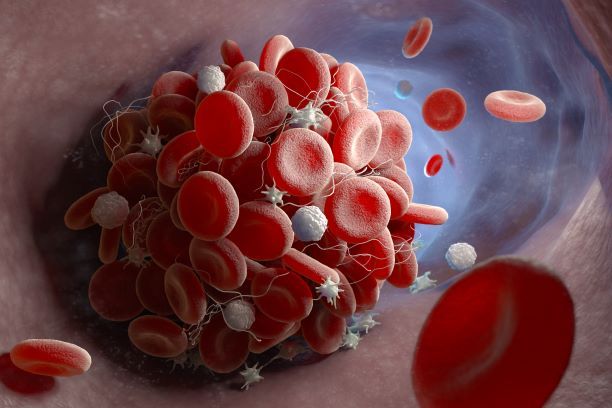Great Diet Information: #Longevity
Inflammation is also called the silent killer. It is silent because as your body struggles with inflammation, it also does all it can to maintain balance. This means that symptoms are sometimes hard to decipher and can even be hidden for some time.
Inflammation can be a good thing
A little bit of inflammation is a good thing, a lot can be extremely dangerous. When we are injured or sick, the immune system jump into gear and brings an army of white blood cells to the area of concern by increasing blood flow. For instance, when you get a cut or a scrape it generally becomes puffy, red and hot. This is inflammation – more white blood cells have arrived to handle the situation. Acute inflammation is how the body responds to foreign pathogens – it protects us from harm.






